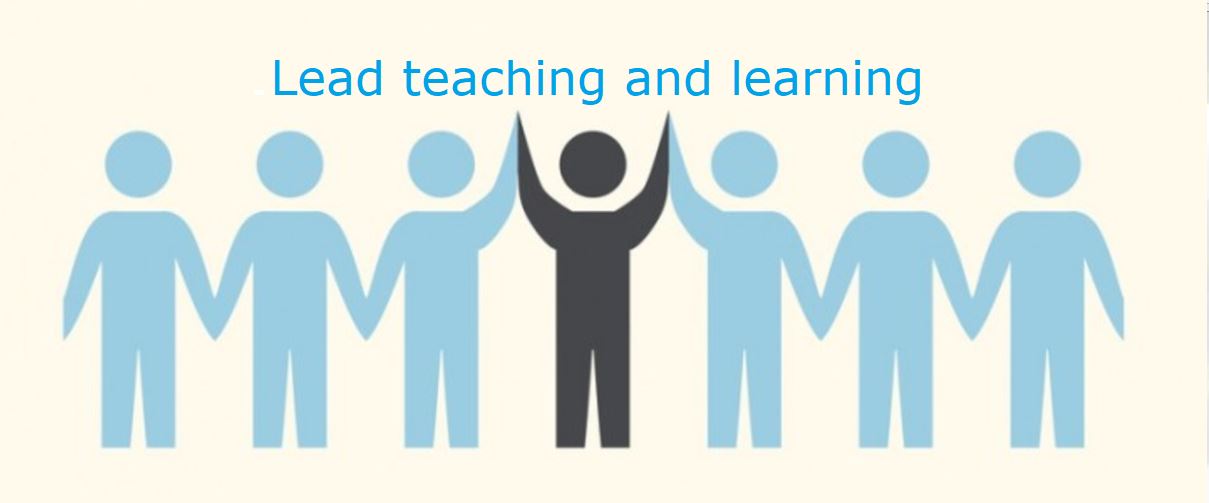- Resource provider
- Instructional specialist
- Curriculum specialist
- Classroom supporter
- Learning facilitator
- Mentor
- School leader
- Data coach
- Catalyst for change
- Learner
We will use the 4Cs strategy to reflect about the reading:
CONNECTIONS
|
CHALLENGES
|
I really liked this reading as it made me think
about my own concept of leadership. I have realised that if we take into
account these different roles that teacher leaders can adopt, we may identify
many more leaders around us than we would ever have imagined.
Also, I had thought about the word “catalyst” before
and I really think it is key in leadership as it makes reference to events or
people that cause great change.
The author mentions as well the figure of “mentor”
which I connected with “coach”. I have also thought that great school leaders
should have coaching techniques in order to help students and teachers solve
problems and overcome obstacles.
When you are able to work hard and focus all your
efforts in looking for a better way to do things, you may probably be
recognised as an effective leader.
|
I completely agree with the ideas presented in this
reading although maybe I would have liked if the author had focused more on
which roles have to do with students, as most of the references are for
action and leadership between teachers within school teams.
I think it is also important to know how to adopt
several roles to help students better achieve their learning goals and
understand how the world works. School leadership includes learners,
teachers, parents and other members of the school community.
|
CONCEPTS
|
CHANGES
|
“The way teachers can lead are as varied as teachers
themselves”.
This text provides us with ten different ideas of
roles that teachers leaders can adopt in their schools, which are ten
concepts that we should have in mind. They involve skills, attitudes and
knowledge. Teacher leaders can be resource providers, instructional and
curriculum specialists (in planning, assessing, teaching, sharing their
findings), classroom supporters (helping other teachers and consulting),
learning facilitators, mentor (takes time and expertise), school leaders,
data coaches, catalysts for change and learner (life-long learning is
essential).
|
I think this reading invites educators to adopt
these roles as far as possible and implement this type of practices in their
classrooms and school communities. It does not mean that all teachers need to
do all these things in order to be considered as good leaders, but at least
we should take into account that these can be considered as “best practices”
in school leadership.
It made me change the way I thought about
leadership. I considered more important leadership with students but I have
come to realise about the importance of the roles of leaders among teachers.
|


No hay comentarios:
Publicar un comentario